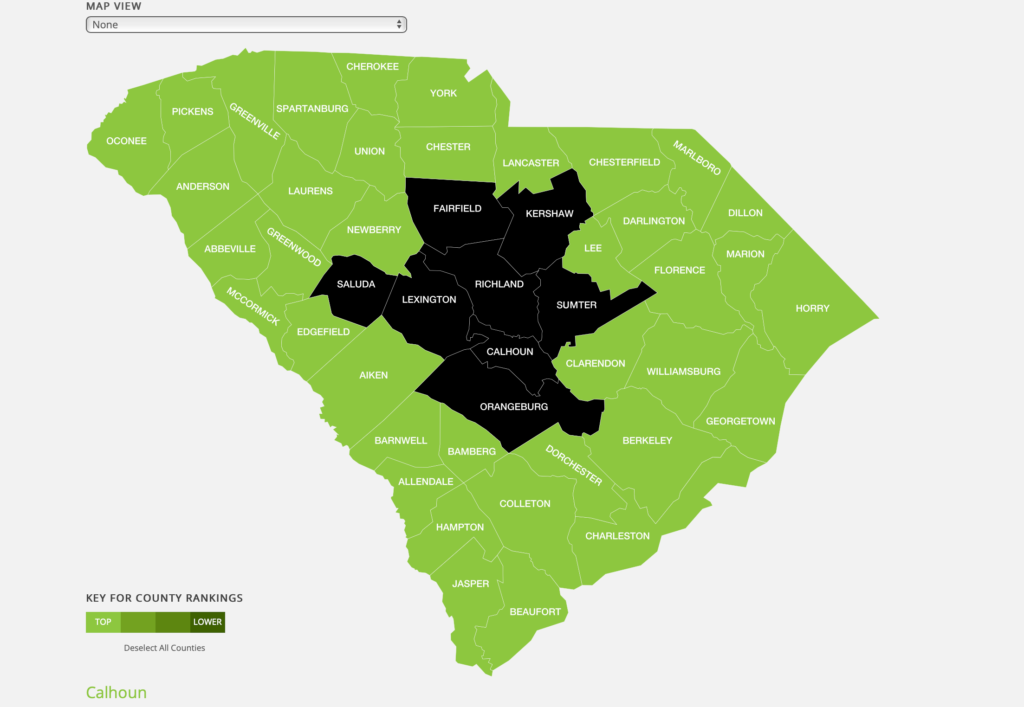Editor’s note: Today’s post comes from tutor and board member Allison Matthews.
I met up recently with one of our newest volunteers, T.V. Weber, to observe him tutoring his learner and to chat about his work for Turning Pages. Although he and his wife, Alida, have only been with us a short time, he brings with him a long history of service to adults who are learning English as a second language.
When I arrived, the learner, an advanced ESL student from India, was reading aloud an article about methods for reducing carbon emissions. T.V. listened patiently, jumping in from time to time to correct her pronunciation and make sure she’s comprehending the passage. Some of the new words she encounters lead to interesting discussions about the English language’s roots in other languages. When he notices she’s beginning to feel frustrated by a difficult-to-pronounce word, he stops to offer her an additional dose of positive feedback.
After they complete the article, T.V. has his learner read from a high-interest textbook he’s brought about the Egyptian pyramids. Throughout the session, the two maintain an easy rapport. It’s clear they respect each other and enjoy learning together.
At the end, T.V. asks her, “What do you still want to ask me? You’ve got that look on your face…” His learner just grins. Now it was my turn to ask some questions! Here’s what I found out:
How long have you been working with Turning Pages?
I think it’s already been 2 months, but it doesn’t feel like that long!
What prompted you to volunteer as an adult literacy tutor?
TESOL has always been a “hobby” for me. I have one student from Puerto Rico I’ve worked with for 5- 6 years. I’ve seen her go from speaking virtually no English to using it on her job. My wife Alida and I are considering moving to another country to teach English, so we decided to volunteer as a team for Turning Pages to gain teaching experience.
What past experiences have prepared you for the work you’re doing now?
My great-grandparents immigrated here from Czechoslovakia when they were teenagers. My grandparents spoke only Czech, and if you wanted to communicate with them, you’d better speak it, too! So, my father grew up bilingual and bicultural, and he passed on the family expectation that we kids be fluent in more than just English.
What’s the most important insight you’ve gained from the time you’ve spent with adult learners?
To teach ESL right, you need to have tried to learn another language yourself so you can understand the difficulties people face when they are learning a second language! Last year, I was in Chile and accidentally told a clerk that I was going to hit her when I was trying to say that I would pay the bill. Experiences like that remind me of how important it is to be precise with your vocabulary!
What advice would you give to someone who is thinking about becoming a tutor for Turning Pages?
Do your best to put yourself in the shoes of your learner so you can prioritize the weaknesses that need to be addressed in order for her to communicate successfully in our culture.


